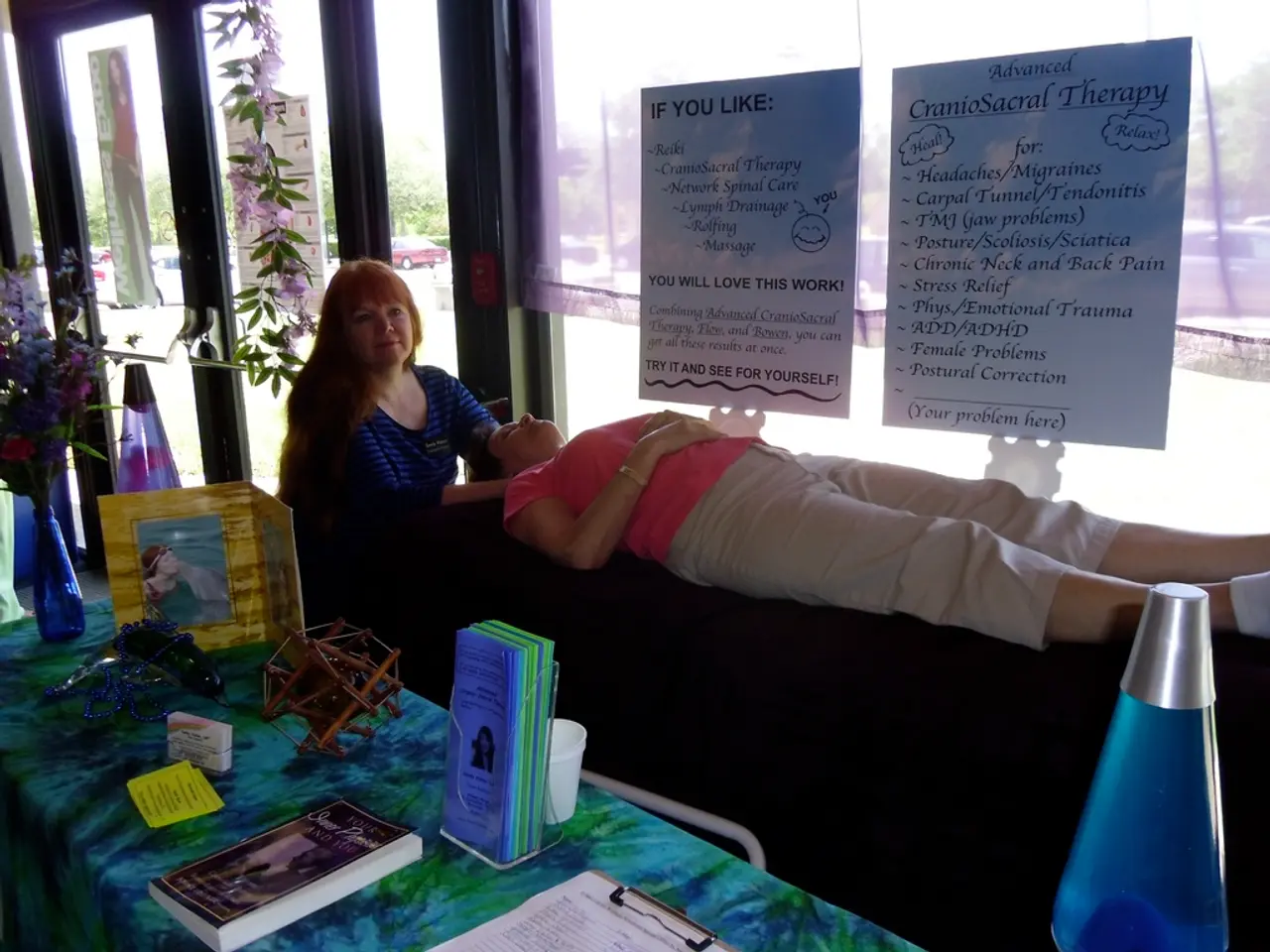Fear-Driven Life: Strategies for Breaking Free from the Clutches of Self-Doubt
Insecurity can be a formidable obstacle, often causing individuals to hide in the shadows of their own fears and shun potential opportunities. This reluctance can stem from constant fear, perceiving any risk as a threat, which is often a result of self-doubt.
Self-doubt is a common feeling, particularly in new projects, public speaking, or difficult conversations. It's important to note that not all doubts are destructive. Healthy doubts serve as constructive questions or concerns that prompt reflection, learning, and better decision-making. On the other hand, destructive insecurity involves persistent negative self-beliefs, fear, and self-sabotaging behaviors that undermine confidence and well-being.
Destructive insecurity can be triggered by various factors, such as a traumatic childhood, scars of the past like failures or harsh criticism, or toxicity when others' words become an inner voice. It's characterized by generalized feelings of inadequacy or low self-esteem, leading to anxiety, self-sabotage, procrastination, or avoidance.
To overcome destructive insecurity, consider the following approaches:
- Challenge limiting beliefs: Identify and dispute negative self-talk and old narratives about yourself.
- Build self-esteem: Acknowledge your accomplishments, practice positive affirmations, gratitude journaling, and engage in mindfulness or calming exercises like yoga.
- Seek professional support: Therapy can help address underlying causes and teach coping strategies. Therapies like Dialectical Behavior Therapy (DBT) or Mentalization-Based Treatment (MBT) can help regulate intense emotions and reduce destructive patterns.
- Shift your mindset through spirituality or personal values: Reading supportive scriptures or engaging in spiritual practices can positively reframe your thinking and reduce insecurity.
- Develop emotional awareness and self-compassion: Accept imperfection and treat yourself kindly rather than harshly criticizing your perceived flaws.
Creating a personal "Hall of Fame" of significant achievements from the last 10 years can serve as a support and reminder of real successes during moments of self-doubt.
Taking care of physical and emotional health is also crucial in feeling confident and capable. Remember, taking just one step towards oneself can make a difference in overcoming insecurity and opening up to new opportunities.
Body language can reveal signs of insecurity, such as rapid breathing, increased heart rate, and flushing or paling of the face. By being aware of these signs, you can work on managing your emotions and projecting confidence.
In conclusion, overcoming destructive insecurity requires a deliberate effort and a shift in mindset. By distinguishing healthy doubts from destructive insecurity and adopting these strategies, you can foster healthier self-confidence, resilience, and emotional balance.
- destination: Persistent negative self-beliefs, fear, and self-sabotaging behaviors that undermine confidence and well-being can be a hindrance in the realm of science, health-and-wellness, mental-health, education-and-self-development, and personal-growth.
- discovery: Seeking professional support, such as therapy or transformative approaches like Dialectical Behavior Therapy (DBT) or Mentalization-Based Treatment (MBT), can provide invaluable insights and tools in overcoming destructive insecurity.
- development: By developing emotional awareness and self-compassion, embracing personal values, and engaging in relaxation techniques like yoga or mindfulness exercises, one can foster a nurturing ground for both mental-health and personal-growth.




